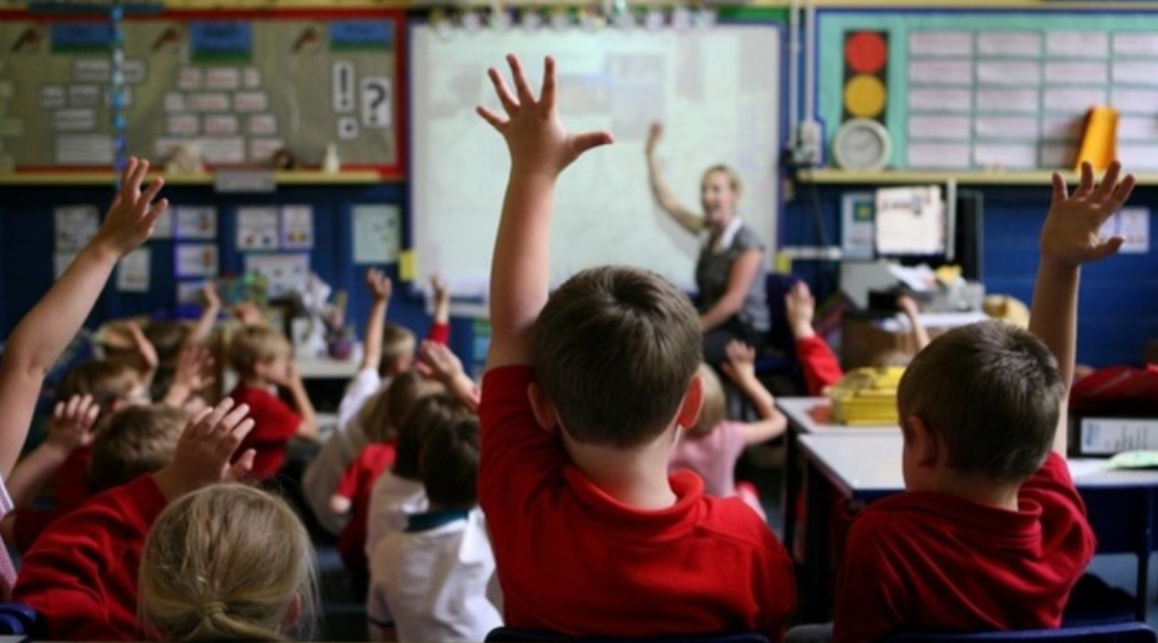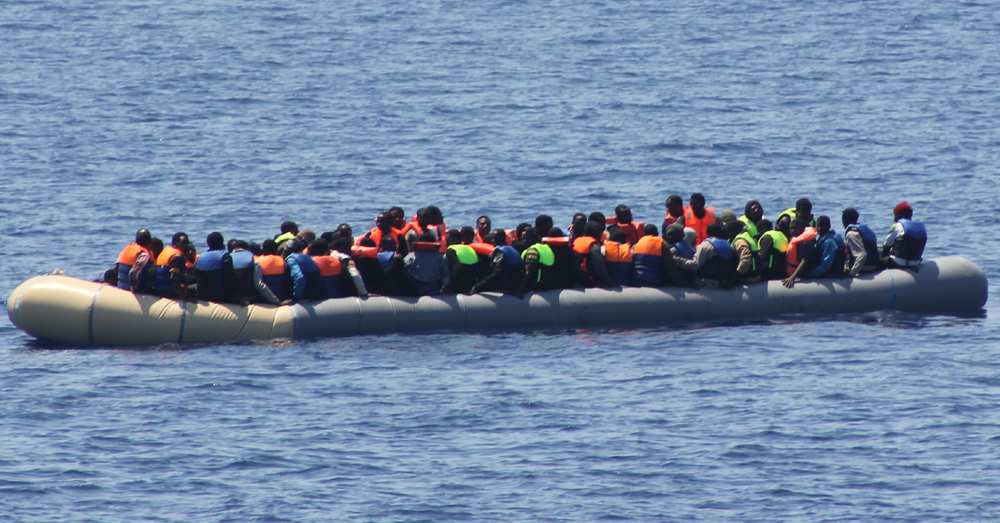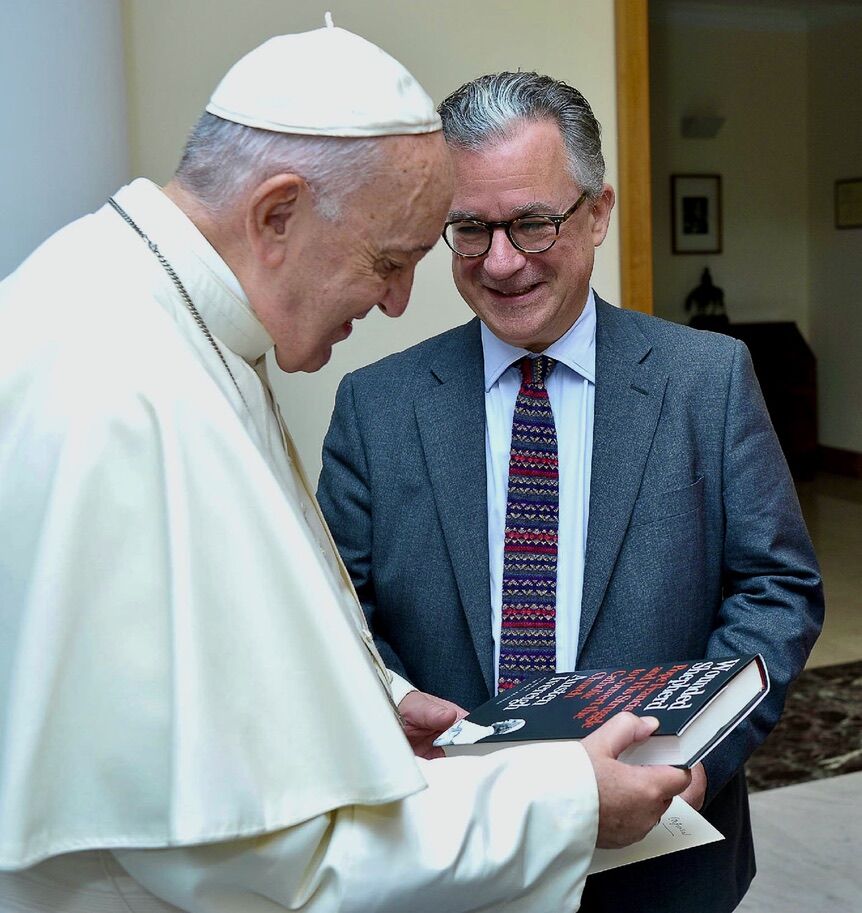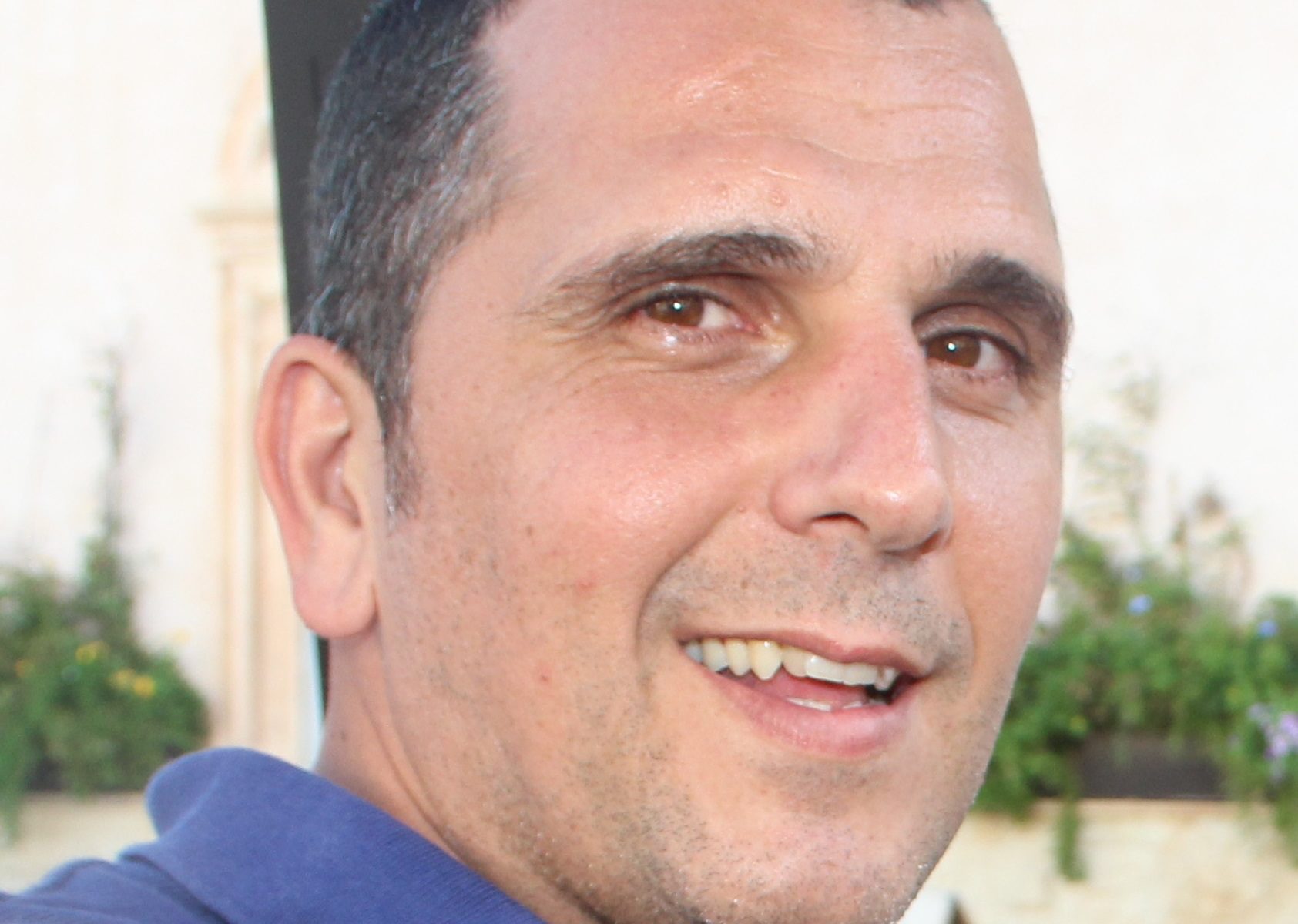
CATHOLIC VOICES MALTA POSITION PAPER ON THE EQUALITY BILL
The Equality Bill and Parents’ and Children’s rights to a Catholic education, and other concerns
Catholic Voices Malta can only be in favour of those measures that the Government and society take to ensure that equality for all while at the same time respecting diversity.
As Catholics, and as emphasised in the Catechism of the Catholic Church para 1934 we are all “Created in the image of the one God and equally endowed with rational souls, all men have the same nature and the same origin…. All therefore enjoy an equal dignity.” (CCC para. 1934)
“Every form of social or cultural discrimination in fundamental personal rights on the grounds of sex, race, colour, social conditions, language, or religion must be curbed and eradicated as incompatible with God’s design.” (CCC para. 1935)
While there are those in society who believe that to attain social well-being and equality society must be homogeneous in thought. This may indeed sound good however history has thought us that this is not the case. Humanity is full of diversity, different opinions, beliefs, races, etc. Social well-being is attained when differences are respected rather than eliminated or coerced to change, a process that intrinsically involves conflict.
On a global sphere we have seen ethnic cleansing, the holocaust, the inquisition, communism, and more recent ideological bashing to try and eliminate differences, silence dissent and cleanse society of what is deemed impure.
The Equality bill cannot be a tool to promote an ideological agenda, whatever that might be. To serve the public good what it needs to defend is the principle of “equal dignity” and not “homogeneity” something which communism attempted and failed miserably. Nobody should be treated less favourably in any sphere of life, and the Equality Bill should be the tool that ensures this.
We believe that in many of its provision the proposed Equality Bill seeks to do this by bringing together existing relevant provisions on equality legislation and enhance other areas.
However we would like to raise a number of concerns to Parliament that is presently considering this Bill to some aspects that go beyond the legitimate principles of equality and cause concern as the Bill seeks to address equality by attempting to eliminate differences.
At a European Union level this balance is well struck, understanding that differences are also very different in Member States and that the strength of the Union is in its diversity. With legislation passed so far seeking to reasonably apply the principle of equality rather then imposing uniformity.
Preamble
Malta’s educational system is founded on three institutional pillars, State Schools, Church Schools, and the later development of Independent Schools.
Thousands of parents have chosen a Catholic education for their children, and this not limited to Church Schools since a number of independent schools have also chosen a Catholic education framework as their ethos.
There are also other schools that embrace other faith-based ethos, like Mariam AlBatool Islamic School in Paola.
The parents of these children consciously and voluntarily choose to send their children to a school that has Catholic teaching as the basis of its educational curriculum, not co-incidentally, but out of choice. This choice is desired by many other parents who unfortunately due to the limitation of spaces in Church Schools where not fortunate in the entry ballot and had to opt for other alternatives.
Article 26 of the Universal Declaration of Human Rights states that parents have the right to choose the education they want for their children. Moreover, the signatories included this principle among the basic rights that a State can never abrogate or manipulate.
In Article 14 of the European Union Charter of Fundamental Rights, clause 3 it is further affirmed “The freedom to found educational establishments with due respect for democratic principles and the right of parents to ensure the education and teaching of their children in conformity with their religious, philosophical and pedagogical convictions shall be respected, in accordance with the national laws governing the exercise of such freedom and right”.
Through provisions of article 14 of the Bill, the State is seeking to limit Catholic education should inspire and guide Christian behaviour and action in society to religion lessons. Unfortunately, this reflects a lack of appreciation of what Catholic education is about and adopts a very restrictive view that goes completely against the spirt of Article 26 of the Universal Declaration of Human Rights.
It is therefore very preoccupying that whilst the Equality Bill has the laudable intention of introducing a legal framework that can ensure that nobody would be treated less favourably in any sphere of life, it appears that the Bill to achieve this aim seeks to impinge on the rights of parents and we need to ensure that the opposite does not happen to Catholics in choice of ethos-based education that they choose for their children when they elect to send them to a Church school.
The European Parents’ Association – Parents Rights Charter lists the rights and duties of parents in Europe. Amongst these rights and duties are the following:
Parents have the right to make a choice for the education which is closest to their convictions and to the values they hold dear in raising their children and the freedom to found educational establishments with due respect for democratic principles.
Parents have the duty to make well-informed and conscientious choices about the education their children should receive.
Parents have the right to ensure the education and teaching of their children in conformity with their religious, philosophical, and pedagogical convictions. The formal education system shall respect for the spiritual and cultural background of the children.
The Catholic Ethos of Education
In line with what Pope Benedict XVI had stated about catholic educational institutions that their primary mission is to allow students to “encounter the living God who in Jesus Christ reveals his transforming love and truth” the State needs to guarantee that Church schools are given the possibility ensure that they fulfil three primary objectives: to provide an environment in which students are enabled to build and deepen their relationship with God; to foster an academic culture aimed at the pursuit of truth; and to actively promote growth in virtue.
To date this is very true of Catholic schools and colleges in Malta, whose ethos, apart from providing excellent comprehensive education, is the formation of the child holistically and for the child to experience and live in a relationship with Jesus.
The proposed legislation does not present very clear and definite boundaries of what would be legally prohibited or permitted by schools in the teaching of their curricula and this gives rise to the risk that the relativistic mindset that proclaims that all truths are equal and the secular truth more equal than others. This imposes on Catholic schools to separate the teaching religion from other education because under this wrong mindset they have nothing to do with each other.
What is really being proposed by secularist movements is that the pupil should replace whatever god he believes in with the secular god. Catholic education is based on the unquestionable tenet that the only proper way to educate is by providing a formation that centres on Christ alone. It is for this reason that Article 14 of the proposed Act is of grave concern to us.
The Church regards the dignity of the human person as the foundation of all the other principles and content of the Church’s social doctrine (Compendium of the Social Doctrine [CSD], no. 160). The principle of human dignity also has implications for education. Firstly, because education cannot be separated from the formation of the human person and the development of his vocation — whether secular or religious — restricting basic freedom in education is a restriction on freedom of conscience, the rights of parents and the freedom of religion more generally. Unduly restricting freedom in education and imposing the state’s or a group’s or person’s conception of education on all families would be to subordinate the person to society. In this respect, the right to religious freedom is paramount in the Church’s social teaching. People should not be forced to act contrary to their religious convictions (Dignitatis Humanae, no. 2) and to prevent a family from educating children in the faith would be to do just that. It is for this reason that the State need to ensure that nothing in the proposed Bill will give rise to any potential act that will limit the rights of parents and the freedom of religion more generally.
“Parents who have the primary and inalienable right and duty to educate their children must enjoy true liberty in their choice of schools.”(Gravissimum Educationis [GE], no. 2). This freedom belongs to parents because of our God-given nature and the gift of free will that is given to us: “Government, in consequence, must acknowledge the right of parents to make a genuinely free choice of schools and of other means of education.” “Besides, the right of parents are violated, if their children are forced to attend lessons or instructions which are not in agreement with their religious beliefs, or if a single system of education, from which all religious formation is excluded, is imposed upon all (Dignitatis Humanae, no. 5).”
Given that freedom in education is an extension of freedom of conscience and freedom of religion more generally, it is important to note that the Catholic Voices is not calling for any special privileges for Catholic parents and children but simply the respect of their basic human rights.
It must be kept in mind that Catholic education not only teaches general education, but also balances education with deep spiritual immersion. Catholic education is very active in teaching a child that God is in their life and all around him/her. A child will learn how to see these “footprints of God” in their daily lives. As a child’s awareness of God develops, he or she also becomes an instrument of God’s grace in the family, community and in the world.
For that reason, Catholic schools cannot limit themselves to scholastic excellence. They must aim to offer formation and transformation at the same time. They must be an agent of that metanoia (or inner change) that should be typical of the life of every Christian, seconding God’s grace in bringing about in students a profound change so that they are empowered to produce improved conditions for the poor, the needy and those unjustly treated.
Safeguarding the distinctness of all education systems
We need to understand that not all education systems are the same. Each school or educational system has its own principles and philosophies that govern how they teach and develop a child. We fear that the Act in the current proposed version could hinder and possibly result in prohibiting Church schools from imparting education based on their particular Catholic ethos.
Parents who have the primary and inalienable right and duty to educate their children must enjoy true liberty in their choice of schools especially the right to send their children to a Catholic school that creates for the school community a special atmosphere animated by the Gospel spirit of freedom and charity, to help youth develop their own personalities so that the knowledge the students gradually acquire of the world, life and man is illumined by faith.
It is the clear teaching of the Church, constantly reiterated by the Holy See, that parents are the first educators of their children. Parents have the original, primary, and inalienable right to educate them in conformity with the family’s moral and religious convictions. They are educators precisely because they are parents. At the same time, most parents share their educational responsibilities with other individuals and/or institutions, primarily the school. It is for this reason that we believe that the Bill should protect the right of parents to ensure that the school to which they chose to send their children to is allowed to foster its particular ethos in the education of their children.
The enduring foundation on which the Church builds her educational philosophy is the conviction that it is a process which forms the whole child, especially with his or her eyes fixed on the vision of God. The specific purpose of a Catholic education is not only the formation of boys and girls who will be good citizens of this world but also to enrich society with the values of the Gospel, and who will also be good citizens of the world to come. Catholic schools have a defined goal: to foster the growth of good Catholic human beings who love God and neighbor.
The Holy See’s documents insist that, to be worthy of its name, a Catholic school must be founded on Jesus Christ the Redeemer who, through his Incarnation, is united with each student. Christ is not an after-thought or an add-on to Catholic educational philosophy but the centre and fulcrum of the entire enterprise, the light enlightening every pupil who comes into our schools (cf. Jn 1:9).
The Gospel of Christ and his very person are, therefore, to inspire and guide the Catholic school in its every dimension: its philosophy of education, its curriculum, community life, its selection of teachers, and even its physical environment. As John Paul II wrote in his 1979 message to the National Catholic Educational Association of the United States: “Catholic education is above all a question of communicating Christ, of helping to form Christ in the lives of others.”
Catholicism should permeate not just the class period of catechism or religious education, or the school’s pastoral activities, but the entire curriculum. The Vatican documents speak of “an integral education, an education which responds to all the needs of the human person.” This is why the Church establishes schools: because they are a privileged place which fosters the formation of the whole person. An integral education aims to develop gradually every capability of every student: their intellectual, physical, psychological, moral and religious dimensions. It is “intentionally directed to the growth of the whole person.”
We believe that to be integral or “whole,” Catholic schooling must be constantly inspired and guided by the Gospel. A Catholic school would betray its purpose if it failed to take as its touchstone the person of Christ and his Gospel: “It derives all the energy necessary for its educational work from him.”
Because of the Gospel’s vital and guiding role in a Catholic school, we might be tempted to think that the identity and distinctiveness of Catholic education lies in the quality of its religious instruction, catechesis and pastoral activities. Nothing is further from the position of the Holy See. Rather, the Catholic school is Catholic even apart from such programs and projects. It is Catholic because it undertakes to educate the whole person, addressing the requirements of his or her natural and supernatural perfection. It is integral and Catholic because it provides an education in the intellectual and moral virtues, because it prepares for a fully human life at the service of others and for the life of the world to come.
Thus, instruction should be authentically Catholic in content and methodology across the entire program of studies. Catholic schools should always conform to required curricula, but they should be allowed to implement their programs within an overall religious perspective.
The use of Catholic Symbols by Church and Catholic Schools Organisations
The use by Catholic schools of external signs of Catholic culture through images, signs, symbols, icons and other objects of traditional devotion is another right that may be challenged by this Bill. We are afraid that given the vague assertions of rights and the vague understanding of what may be interpreted to be discrimination, the Bill might also end up impinging on the use of such symbols by Church schools especially in external communication.
Role of Teachers in Catholic Schools
We would also like to make a few observations about the vital role teachers play in ensuring a school’s Catholic identity. With them lies the primary responsibility for creating a unique Christian school climate, as individuals and as a community. Indeed, “it depends chiefly on them whether the Catholic school achieves its purpose.” Consequently, the Holy See’s documents pay considerable attention to the vocation of teachers and their specific participation in the Church’s mission. Theirs is a calling and not simply the exercise of a profession. In a word, those involved in Catholic schools, with very few exceptions, should be practicing Catholics committed to the Church and living her sacramental life. Despite the difficulties involved we need teachers with a clear and precise understanding of the specific nature and role of Catholic education. The careful hiring of men and women who enthusiastically endorse a Catholic ethos is a primary way to foster a school’s catholicity.
It is for this reason that we agree with the Church’s position that nothing in the Bill should prejudice the right of Churches and other public or private organisations, the ethos of which is based on belief, creed or religion, to require individuals working for them to act in good faith and with loyalty to the organisation’s ethos.
We believe that as well as fostering a Catholic view throughout the curriculum, even in so-called secular subjects, “if students in Catholic schools are to gain a genuine experience of the Church, the example of teachers and others responsible for their formation is crucial: the witness of adults in the school community is a vital part of the school’s identity.” Children will pick up far more by example than by masterful pedagogical techniques, especially in the practice of Christian virtues.
It is for this reason that educators at every level in the Church are expected to be models for their students by bearing transparent witness to the Gospel.
The prophetic words of Pope Paul VI ring as true today as they did fifty five years ago: “Modern man listens more willingly to witnesses than to teachers, and if he does listen to teachers, it is because they are witnesses.” What teachers do and how they act are more significant than what they say – inside and outside the classroom.
Other aspects of the Bill for which we have concern
We also would like to subscribe to several concerns raised also by the Catholic Church in Malta in its document of February 2020 entitled “The Equality Bill and Religious Freedom”.
The right to manifest one’s faith individually and collectively
Religious freedom comprises three basic dimensions: an individual dimension (the right of the individual to choose one’s own system of belief) and a collective dimension (the right to associate with others sharing the same creed) and an institutional dimension or the right of faith communities to be recognised as social actors in their own right and having their own specific ethos.
As already elaborated, religion, is not a set of ideas and beliefs that an individual is entitled to hold. Christianity is a way of life having its external dimension and so religious freedom, includes the right to manifest one’s religion, to act in accordance with religious rules and convictions in daily life and to establish, organise and manage those institutions required by the specific aims of particular religions.
Unfortunately, the bill is very limiting when it refers to ‘religious services’ in Article 6 having a clear underlying assumption that religious practice is separate from other social practices.
However, the primary role of the Church, not merely as an institution but also its faithful is to evangelise. By its very nature, evangelisation requires engagement in society, through the proclamation of the work, i.e. the message of the gospel and good work, acts of charity and social justice. For this very purpose the Church in it history developed the Social Teaching of the Church as it sees here a very important active role for the laity guided by the valued of the gospel.
The Churches was and still is involved in various charitable and educational activities, healthcare, running of elderly homes, supporting people with addiction difficulties, care for orphan children, counselling, and various other forms of ministry with families, youth and children. The engagement of the Churches in such activities has a religious dimension which should be respected by avoiding the imposition of any measure that can hinder them from giving that added value which they believe their faith can give to human life.
Where there is conflict between Christian belief and other ideologies, and the Bill’s attempt to define ‘religious services’ is a cause of concern as this could be used to effectively restrict religious freedom in its extent and form.
We expect that in no manner or form does the Bill restrict the religious freedom safeguarded by international conventions such as the on a European level the Charter of Fundamental Rights of the European Union and the European Convention of Human Rights. The text in Article 10 (1) of the Charter of Fundamental Rights of the European Union affirms that “Everyone has the right to freedom of thought, conscience and religion. This right includes freedom to change religion or belief, either alone or in community with others and in public or in private, to manifest religion or belief, in worship, practice and observance”
The right to freedom of thought conscience and religion constitutes one of the foundations of a pluralistic society. In line with a broad understanding of religious freedom, the European Union adopts a qualified approach to the implementation of the principle of equal treatment, as it seeks to enforce equality while respecting diversity.
Regrettably, the Bill does not respect this balance, in provisions proposed in relation to advertising, employment and education. It is our legitimate expectation that the Maltese Legislator should find a more appropriate way to adapt these principles for the local circumstances and to implement the equality principle without infringing on any one of the fundamental dimensions of the right to religious freedom.
The issue of conscientious objection
The Bill is completely silent on the “right to conscientious objection”. Considering the orientation this Bill has taken in several areas, this right needs to be safeguarded and regulated by the State. This also in view that Article 10 (2) of the Charter of Fundamental Rights that establishes the right to conscientious objection leaves it up to the Member States to regulate these matters.
The vague definition of harassment’ and ‘victim’
The Bill’s vague definitions of ‘harassment’ and ‘victim’ creates a situation for expansive subjective interpretations. The Bill states that direct discrimination shall be deemed to occur where a person is treated less favourably than another person is, has been, or would be, treated in a comparable situation, on the basis of any one or a combination of any of the protected characteristics; Moreover, the Bill continues to clarify that “‘harassment’ shall be deemed to occur where an unwanted conduct related to one or more of the protected characteristics laid down under this Act, has the purpose or effect of violating the dignity of a person and of creating an intimidating, hostile, degrading, humiliating or offensive environment”. [5. (3) c]
The Bill goes further to define ‘indirect harassment’ as any treatment based on an apparently neutral provision, criterion or practice, which would put persons having any one or a combination of any of the protected characteristics at a particular disadvantage compared with other persons, unless that provision, criterion or practice is objectively justified by a legitimate aim and the means of achieving that aim are appropriate and necessary.
Can these provisions be explained to normal well-meaning citizens or are we restricting the freedom of speech due to the uncertainty that will be accused for what can and cannot be said?
The procedure by which a person may be accused of wrongdoing, also placing the burden of proof on the accused, is totally unfair and is clear in violation of basic principles of justice. We are indeed concerned with these provisions as in countries where similar provisions have been enacted we have seen well meaning individuals been target of ideologically motivated groups that seek to silence dissenting opinions in areas especially related to gender orientation. This goes against the spirit of the bill and is a double-edged sword that can be used by various groups to silence other people’s legitimate opinions.
Advertising
We have already touched upon the point on our focus of Catholic Education and re-iterate our concern on the broad definition of advertising that may be interpreted to include even religious activities. As the proposed legislation is shifting the burden of proof from the one making the allegation of misconduct to the defendant, the freedom of individuals and organisations, including Churches and faith-based communities, will be placed under severe and unnecessary constraints in presenting their own beliefs and convictions.
Access to Goods and Services
We are concern that the provisions of the law in relation to access to goods and services can out
Christian or other entrepreneurs of other faith into a conflict of conscience going against their right to religious freedom and consciousness objection.
Let us hope we don’t see in our court being dragged with silly cases about wedding cakes merely to prove a point or to attack an entrepreneur who has a genuine objective reason why to refuse to provide a service. The provisions as they stand include far more serious situations then cakes and can involve the lives of unborn children as in the case of abortion and other similar situations.
Conclusion
In conclusion, Catholic Voices sees in Catholic schools an enormous heritage and an indispensable instrument in carrying out the Church’s mission in the third Christian millennium. Parents who have chosen to send their children to Church schools need Government to guarantee that Church schools will retain their Catholic identity so that together with parents such schools will continue to build up the community of believers, evangelize culture and serve the common good of society.
For more information please contact us on info@catholicvoices.mt




 F’intervista esklussiva għal TheTablet — l-ewwel pubblikazzjoni tiegħu fir-Renju Unit — il-Papa Franġisku jgħid li dan ir-Randan u Żmien l-Għid straordinarji jistgħu jkunu mumenti ta’ kreattività u konverżjoni għall-Knisja, għad-dinja, u għall-kreazzjoni kollha.
F’intervista esklussiva għal TheTablet — l-ewwel pubblikazzjoni tiegħu fir-Renju Unit — il-Papa Franġisku jgħid li dan ir-Randan u Żmien l-Għid straordinarji jistgħu jkunu mumenti ta’ kreattività u konverżjoni għall-Knisja, għad-dinja, u għall-kreazzjoni kollha.

